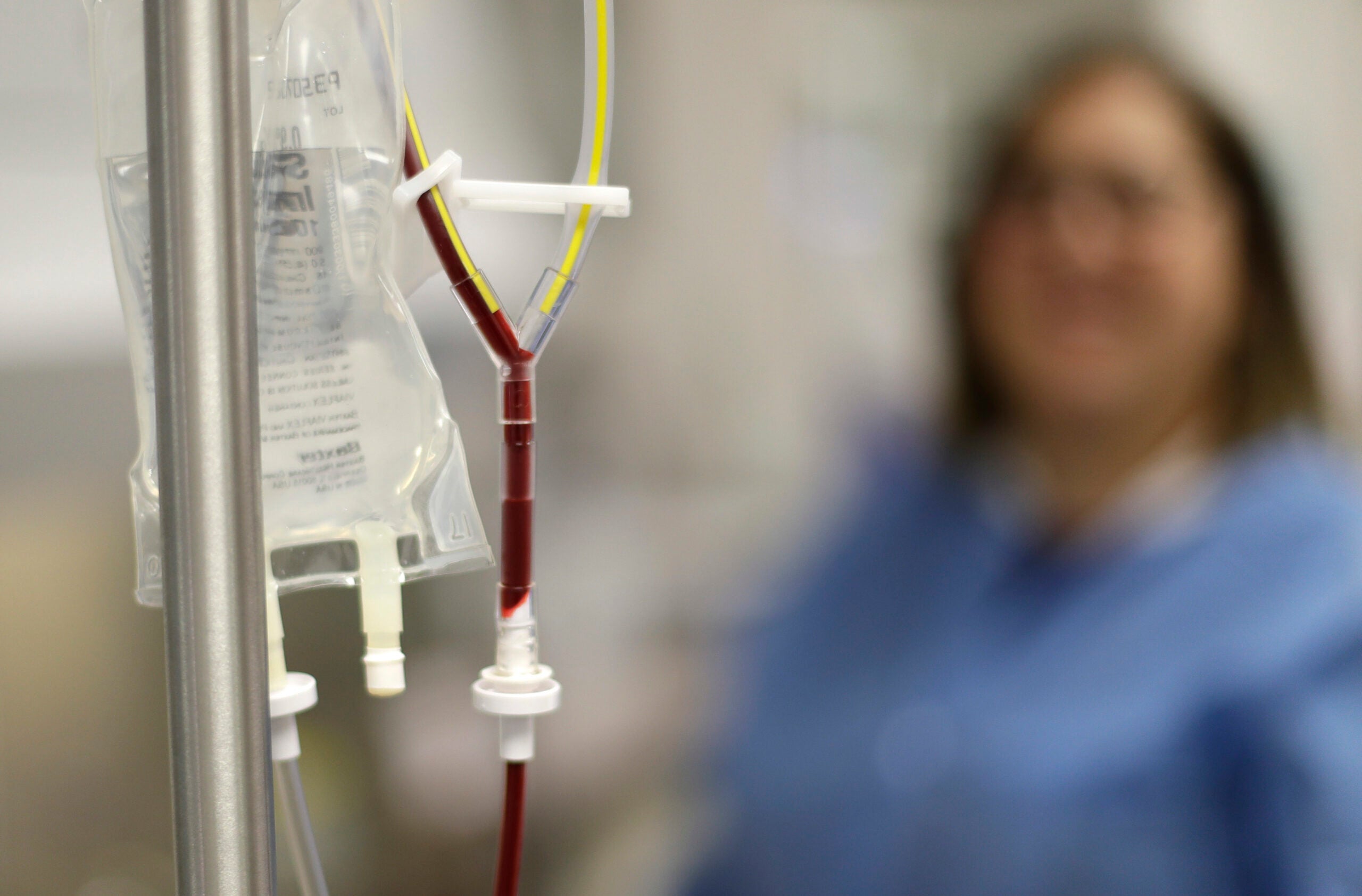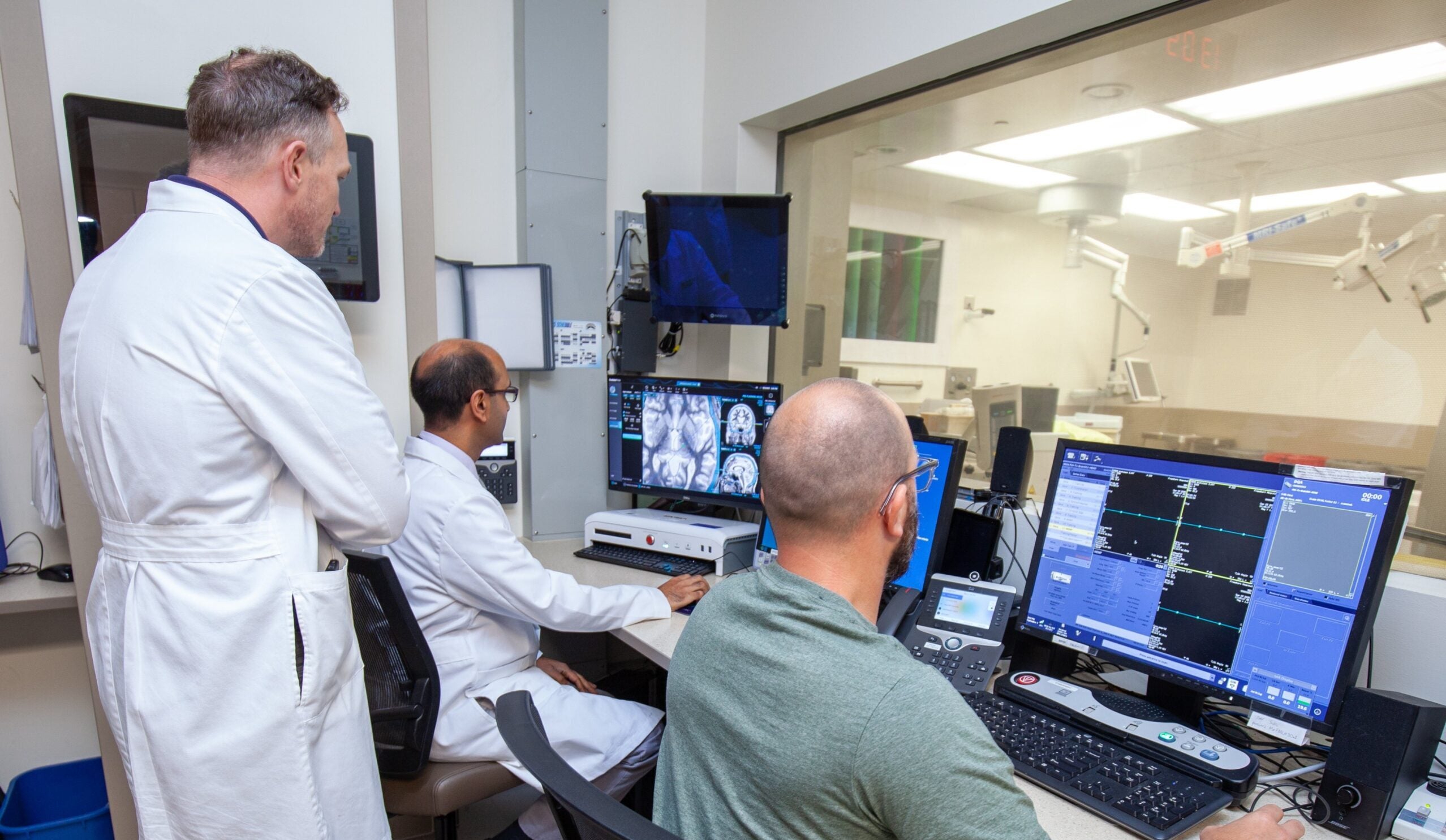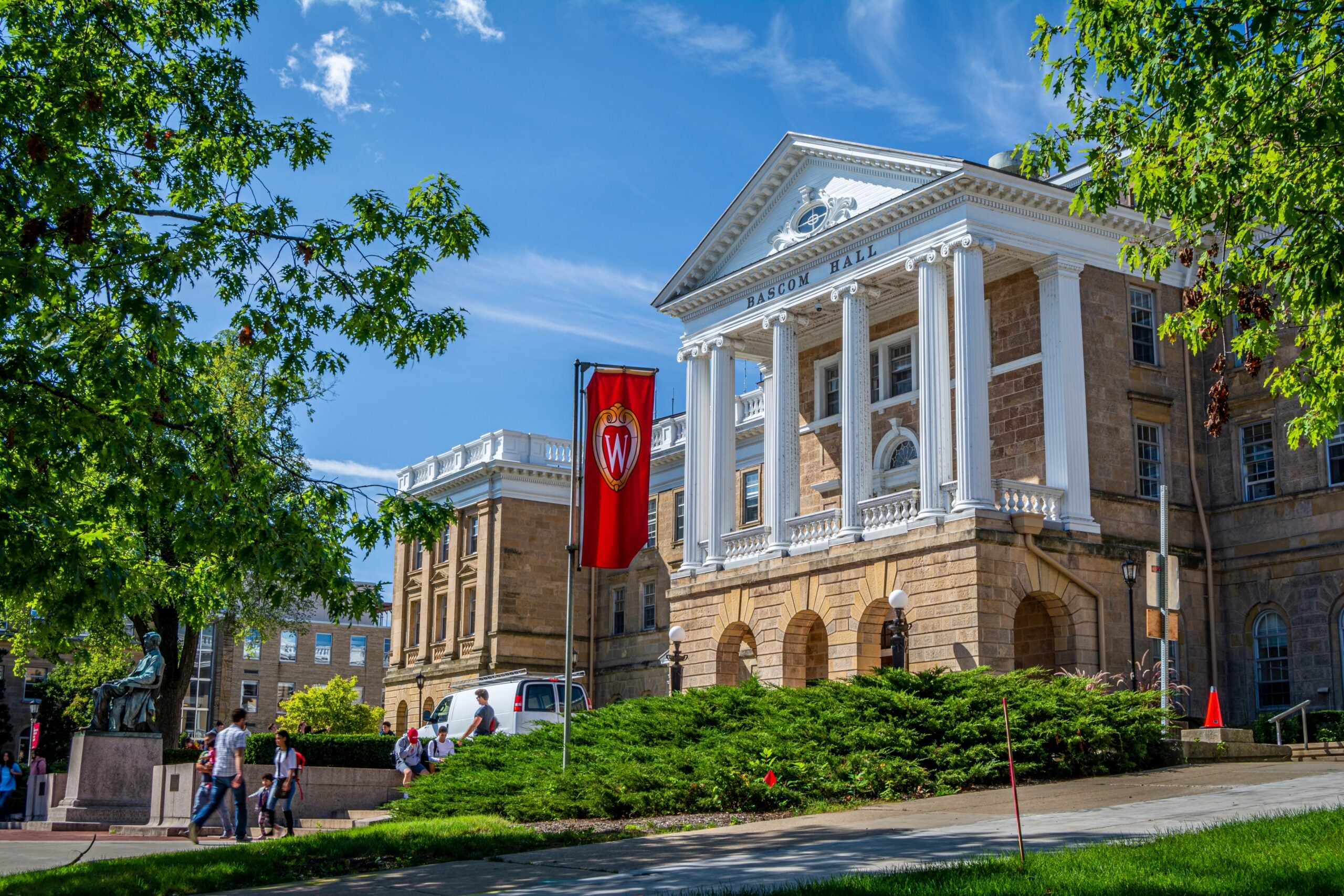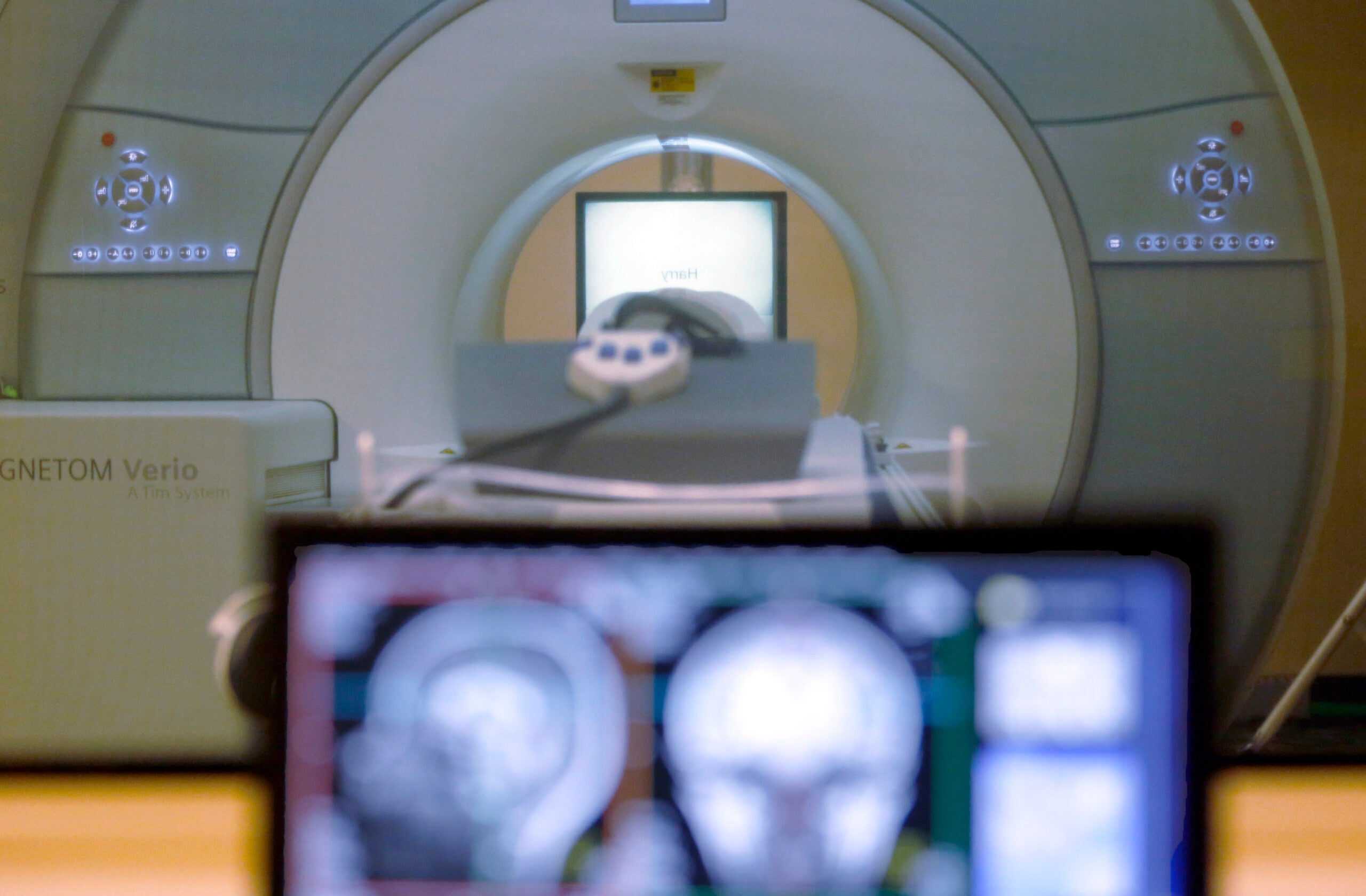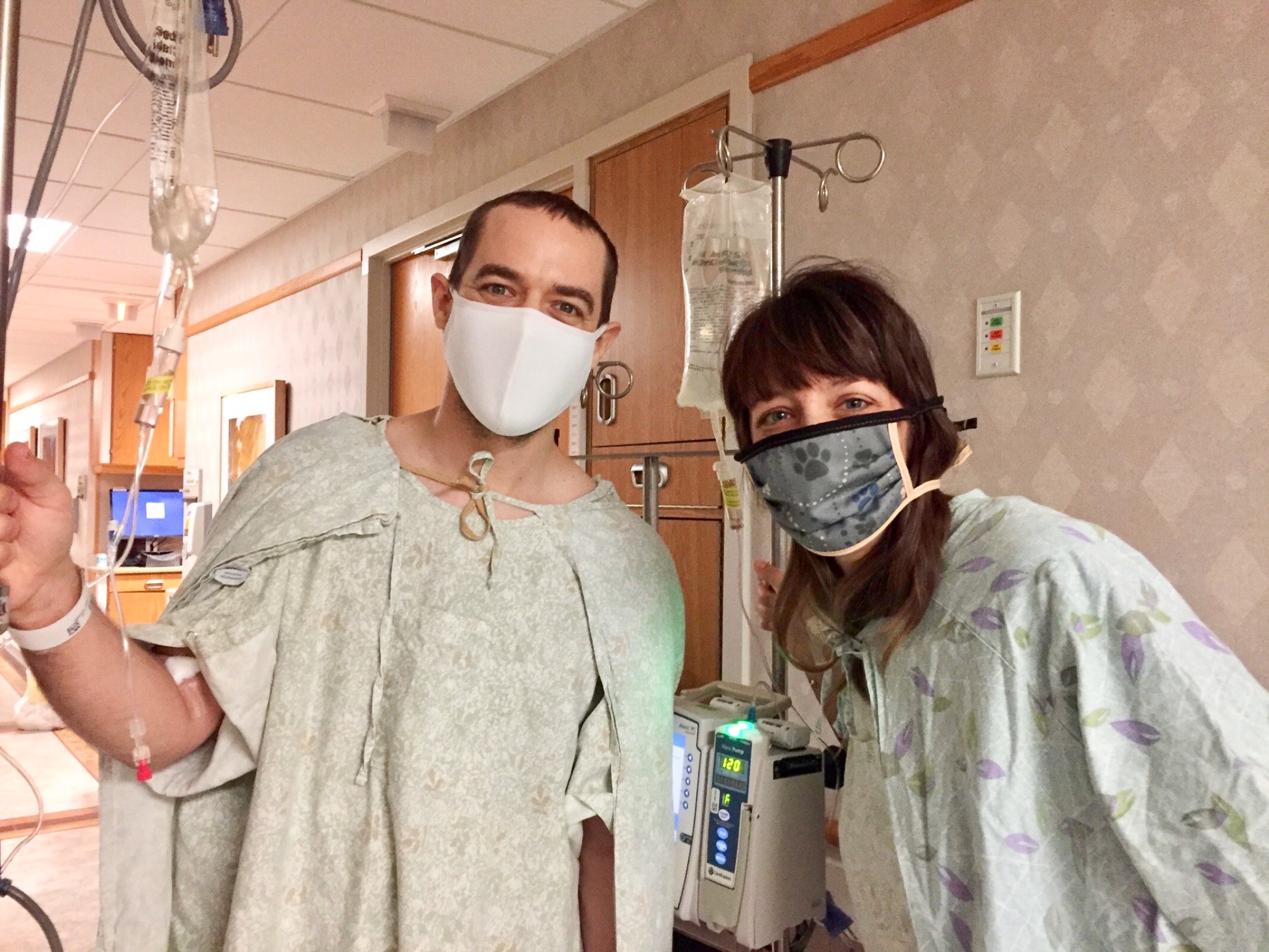Research by the Medical College of Wisconsin has helped change Medicare policy, allowing access to a transplant procedure for some cancer patients.
The Centers for Medicare and Medicaid Services announced in March they would cover allogeneic hematopoietic stem cell transplants for patients with myelodysplastic syndromes, or MDS. The group of cancers causes a person’s bone marrow to produce an insufficient amount of healthy blood cells and are most common in older adults.
The decision by CMS is based on nearly 14 years of research by the Medical College of Wisconsin’s Center for International Blood and Marrow Transplant Research, along with the American Society of Hematology and American Society for Transplantation and Cellular Therapy.
News with a little more humanity
WPR’s “Wisconsin Today” newsletter keeps you connected to the state you love without feeling overwhelmed. No paywall. No agenda. No corporate filter.
The organizations first petitioned Medicare to cover the transplant procedure for MDS patients in 2009, according to Dr. Douglas Rizzo, the center’s senior scientific director and a transplant doctor at the Medical College of Wisconsin. Stem cell transplants have been used since the 1970s and studies had already shown the procedure to be the best treatment for MDS.
But Rizzo said the federal agency found there wasn’t enough research proving the effectiveness of the treatment in people age 65 and older.
“However, if Medicare doesn’t cover allogeneic transplant, no coverage is sort of the same as no access,” he said. “So it was sort of a chicken or the egg argument.”
He said the agency decided to allow coverage for Medicare recipients if they agreed to participate in a study that would inform their coverage policy — what’s known as coverage with evidence development. It launched the two national studies supported by the Medical College of Wisconsin and researchers across the country.
Thousands of MDS patients received transplants thanks to research
One of the studies showed that outcomes of the transplant in older adults were similar to those in younger age groups. Another study looked at the outcomes for patients who got a transplant and compared them to those who received what’s considered standard therapy for MDS, which Rizzo said doesn’t cure the disease.
He said both studies were successful in showing that transplants were the best treatment, and they opened up access to the procedure for Medicare patients for the first time. Roughly 6,500 patients with Medicare received a transplant over the course of the research.
Rizzo happened to know one of the patients personally. He said a doctor he knew from medical residency called him in 2013 asking for advice on the best treatment for his mother-in-law, who had been diagnosed with MDS. Rizzo told him about the Medicare studies and his mother-in-law was able to get the treatment at a center in New York that was participating in the research.
“It’s more than 10 years later, and every year, she sends me pictures of all the great stuff that she’s doing, her grandchildren, trips she takes,” Rizzo said. “That’s just one of the more than 6,000 stories where we created the potential.”
Rizzo said the final coverage decision from Medicare isn’t perfect, leaving out some patients who he believes could benefit from the treatment. He said the research team will be speaking to state Medicare administrators in June to help them understand what patients could benefit from receiving special approval for a transplant.
But he said seeing the policy change after more than a decade of work has been both satisfying and humbling for the researchers involved.
“This is probably the most impactful thing I’ve had a chance to do as a physician researcher,” he said. “It took a long time, tons of effort invested and by a lot more people than just me … But (it’s) very gratifying to me to realize that the work we did provided access to transplant for thousands of Americans.”
Wisconsin Public Radio, © Copyright 2025, Board of Regents of the University of Wisconsin System and Wisconsin Educational Communications Board.

